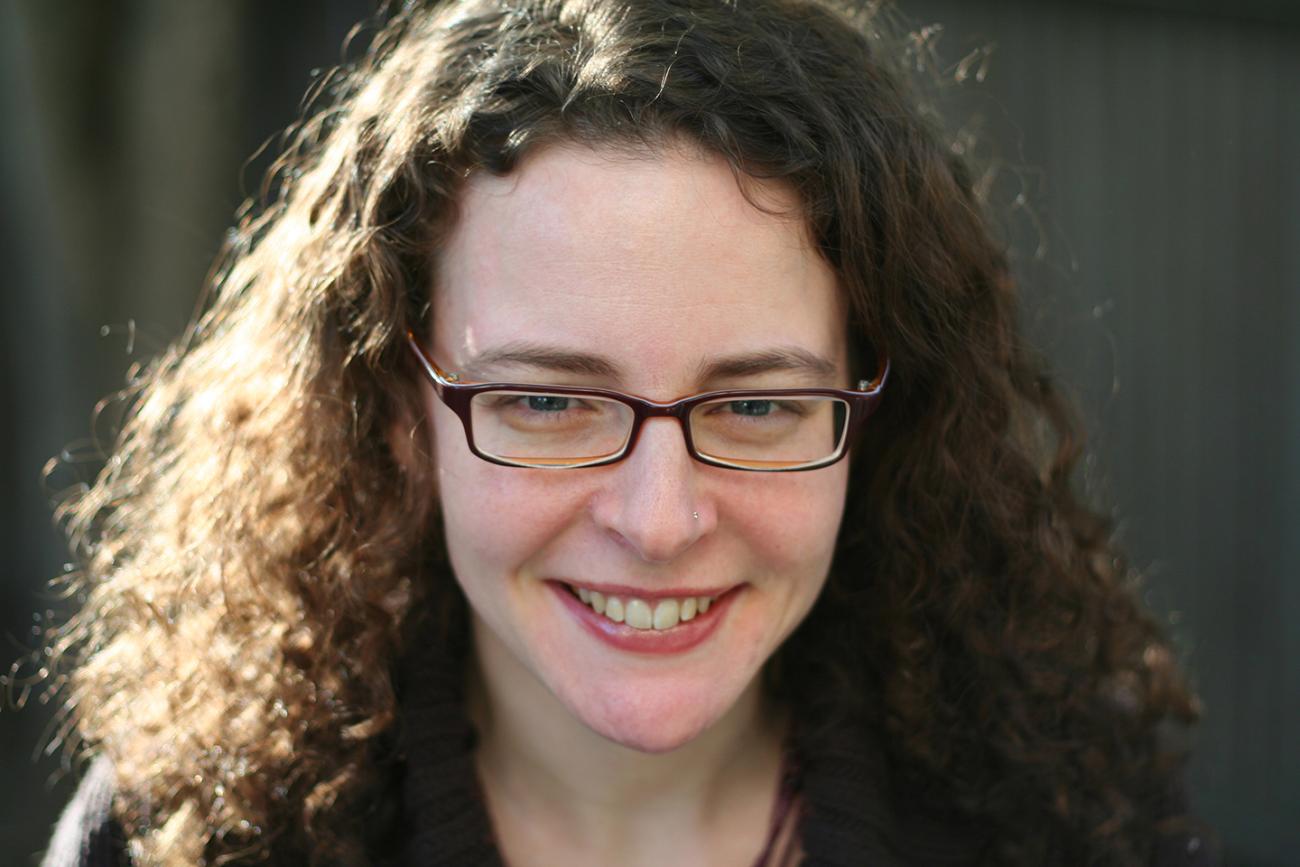
Leah Gordon awarded Charles A. Ryskamp Fellowship for ‘exceptionally promising’ scholars
The American Council of Learned Societies has awarded Leah Gordon, a member of the faculty of Stanford Graduate School of Education, a 2015 Charles A. Ryskamp Fellowship to support her research on the concept of "equal educational opportunity" in the United States in the 20th century.
A cultural and intellectual historian, Gordon draws on histories of American education, American social thought and the African American experience to examine the politics of knowledge production, the relationship between expert and popular social theory, and the American tendency to "educationalize" social problems. Her work has focused in particular on the purposes of school desegregation, on the challenges scholar-activists faced linking social theory and political practice, and on shifting conceptions of racial justice and equality in the 20th-century United States.
Gordon was granted the Ryskamp Fellowship to work on her second book, Contesting Opportunity: "Equal Educational Opportunity" and its Alternatives in 20th-Century American Social Thought. Later this spring, the University of Chicago Press will publish her first book, From Power to Prejudice: The Rise of Racial Individualism in Midcentury America.
“The Ryskamp Fellowship affords exceptionally promising early-career scholars the time and flexibility to pursue significant new projects,” John Paul Christy, director of Public Programs at ACLS, said in a recent news release announcing this year’s 12 fellows, including Gordon, all of whom "are forging exciting and consequential pathways for humanities scholarship.”
Gordon is assistant professor of education at Stanford. She earned her doctorate in history and education from the University of Pennsylvania. She has received awards and fellowships from the National Academy of Education, the Spencer Foundation, the National Forum on the Future of Liberal Education, the University of Pennsylvania’s Graduate School of Arts and Sciences, the University of Pennsylvania’s Center for Africana Studies, and Cheiron, the International Society for the History of Behavioral and Social Sciences.
Gordon's Ryskamp project studies arguments over the meanings of racial equality in education and related debates about what types of social transformation schooling can produce and what role education might play in struggles for racial justice. She aims to explore who championed and challenged the language of “equal educational opportunity,” why, and to what effect.
“‘Equal educational opportunity’ is a widely celebrated but imprecisely defined political ideal,” she said. “It has perplexed civil rights activists and social theorists and generated criticism from thinkers who deemed it an insufficient social goal.
“I hope that a history of debates over and struggles to define this concept contributes to our understanding of the cultural dynamics that rationalize inequality, of the relationship between racial and economic justice, and of how education and social welfare policy intersect.”
This work follows the inquiry in Gordon's forthcoming book, in which she explains how an intellectual framework she terms "racial individualism" — which presented prejudice and discrimination as the root cause of racial conflict, centered individuals in the study of race relations, and suggested that one could secure racial justice by changing white minds and protecting African American rights — gained traction in the two decades following Gunnar Myrdal’s An American Dilemma (1944). This "non-economic, power-evasive conception of racism" made education a central battleground in the fight for racial justice, and, at times, promoted unrealistic expectations about how education might bring about racial equality.
The American Council of Learned Societies is a private, nonprofit federation of 72 national scholarly organizations in the humanities and related social sciences. It has awarded the Ryskamp Fellowships since 2002, with funding from the Andrew W. Mellon Foundation; the fellowship is named in honor of the late Charles A. Ryskamp, a distinguished library and museum director, literary scholar and long-serving trustee of the foundation.



